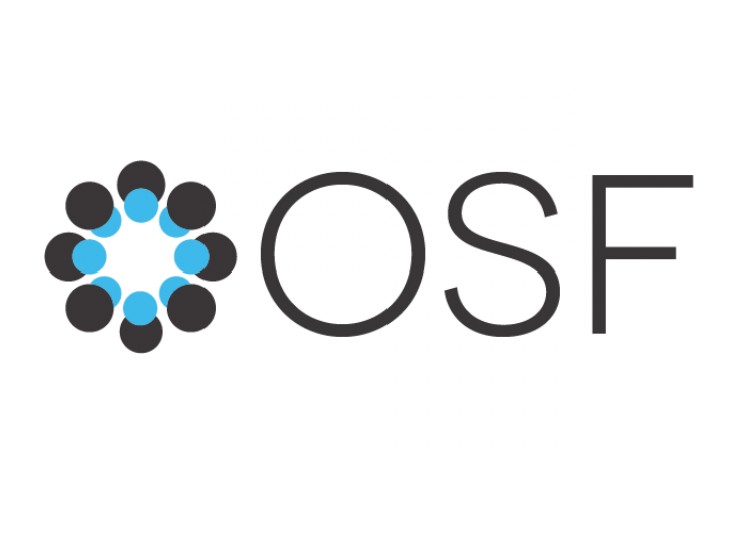The proliferation of misinformation and fake news represents a pressing policy issue, with potentially deleterious consequences for democracies around the world (Lazer et al., 2018; Del Vicario et al., 2016). On Twitter, fake news has been found to travel substantially faster than non-fake news (Vosoughi, Roy and Aral, 2018). In the months preceding the 2016 U.S. presidential election, Facebook users encountered far more fraudulent stories supporting the eventual winner than the eventual loser (Allcott and Gentzkow, 2017). While the spread of mis-information on social media platforms should not be exaggerated (Guess, Nyhan and Reifler,2020), nor should it be dismissed. The possible political consequences of misinformation are large in scope (Jamieson, 2018; Gunther, Beck and Nisbet, 2019), and access to empirically accurate information stands out as critical for democratic functioning (Sunstein, 2017).
Factual corrections offer one potential solution. Although earlier research indicated that factual corrections could not only be ineffective, but “backfire” and lead to greater inaccuracy (Nyhan and Reifler, 2010), more recent findings have reached the opposite conclusion. Factual corrections can decrease belief in misinformation and increase factual accuracy (Walter et al., 2019), even when the corrections target co-partisans in periods of intense political competition (Wood and Porter, 2019; Porter, Wood and Kirby, 2018; Porter and Wood, 2019; Nyhan et al., 2019; Porter, Wood and Bahador, 2019)


